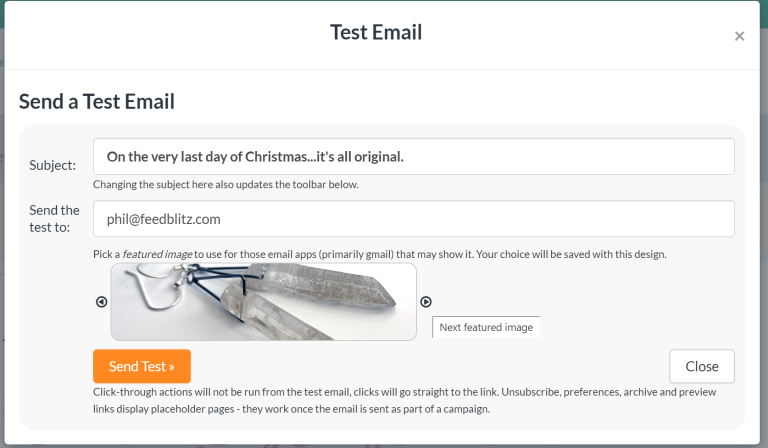 When you work from home, you save money from not having to commute or wear special clothes. In addition, you may find that you are more productive when you can choose your optimum work hours. A potential drawback can be the extra amount of home energy consumption. Here are some tips to help you save energy and money while working from home.
When you work from home, you save money from not having to commute or wear special clothes. In addition, you may find that you are more productive when you can choose your optimum work hours. A potential drawback can be the extra amount of home energy consumption. Here are some tips to help you save energy and money while working from home.
Start off by buying Energy Star approved office equipment. Whether it be a computer, monitor, printer, or multifunction scan-print-fax machine, you can expect to save around 50{ad5bb9fecb583deb4f0824f2220347f82cf22be85faf385196d32747341ff3d9} or more on your energy consumption. Modern Energy Star computers can use 70{ad5bb9fecb583deb4f0824f2220347f82cf22be85faf385196d32747341ff3d9} less energy than those without this rating, due in large part to their low power mode that can operate when the computer is inactive. Other benefits of Energy Star equipment include reduced noise and heat output as well as less electromagnetic field emissions for certain monitors.
Even with Energy Star equipment and possible low-power standby mode, you may find that some equipment not used heavily can only be on when in use and then manually turned off. Most newer computers have programmable energy-saving features that turn off your monitor and put your computer in standby when you step away. This will save energy, as opposed to a screen saver which does not. You will not prematurely wear out your computer or other equipment if you do not leave it on all day whether it is used or not.
Even when you work from home, treat the space as if you were away, and lock all doors and windows before working. You don’t need the burden of constantly having to monitor your home security status. Also turn off all appliances and TV’s that aren’t a part of your work environment. Unplug all battery chargers that aren’t charging batteries, to reduce phantom loads.
To save the most on heating, cooling, and lighting, you want to work from one small area of home when possible, not the entire structure. Use natural lighting when feasible, and try task lighting instead of whole room lighting. Consider using a small electric heater to heat where you work, instead of heating the entire house at that temperature. Using a window air conditioner to cool the room will allow a higher thermostat setting on the unused space in the house in summer.
There may be some whole house improvements that will save you energy as well as improve your comfort level while working. Make sure your home has adequate insulation, and repair any cracks, holes, or drafts which allow air leaks or intrusion. If you haven’t already, switch to compact fluorescent bulbs, to help bring down your electric bill.
Follow these tips, and you may discover that lowering your home energy use while working from home feels like giving yourself a raise.







